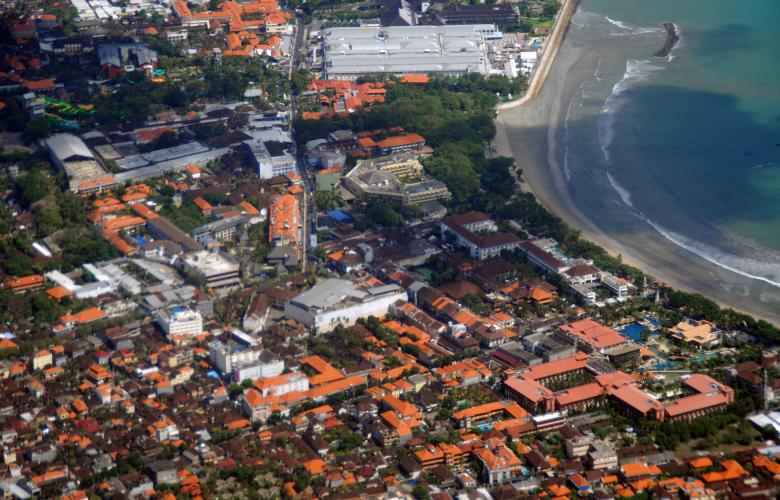Anyone buying or selling land or property in Bali will at some point have a notary check important documents relating to the legal status of land and its zoning at the local National Land Agency. Some brave souls choose to undertake this task on their own, which is why it is very good news that this particular government office has been declared a Corruption Clean Zone by Rudi Rubijaya, Head of the Bali Regional Office for the National Land Agency.
The news came at the launching of an initiative based around creating integrity zones through a clean, corruption free bureaucracy recently in Denpasar according to Tribun Bali.
Bali's Governor Wayan Koster together with the Regional Police Chief of Bali and the heads of the agrarian affairs and spatial planning office said the launching of the integrity and corruption free zone was a follow up to a similar declaration made at the ministerial level. The hope is this will improve investor confidence by making the property transaction process quicker, cleaner and more transparent.
There are six key elements to the announcement, which appears to be part of the Ministry's bureaucracy and reformation road map 2015-2019.
The main aspects of the Corruption Clean Zone are:
- A change of management
- Structuring governance
- Structuring the human resource management system
- Strengthening performance accountability
- Strengthening supervision
- Strengthening the quality of public services
On a related note, for some, this move could also be a signal that there will be a more accomodating approach to Bali's complex environmental and socio-cultural issues in line with Governor Koster's One Island, One Management initiative.
According to Kompas, I Gede Hendrawan, lecturer and researcher from the Faculty of Marine and Fisheries of Udayana University, revealed environmental aspects are the spearhead of Bali's development. The economy of Bali, he said is being driven by the tourism industry and tourism activities in Bali rely heavily on nature, the environment and culture.
Spatial planning has largely been ignored or poorly managed in the past and the impact this has had on Bali's water resources has been significant. In this regard more professional and transparent zoning and spatial planning are critical to a sustainable future for the island.
Sources: Tribun Bali, Kompas, Gapura Bali, Ministry of Agrarian Affairs and Spatial Planning
Similar to this:
Bali's property market is back on track amid economic optimism
Bali united under “One Island - One Management”
New Administration's 'Grand Design for Tourism' in Bali





